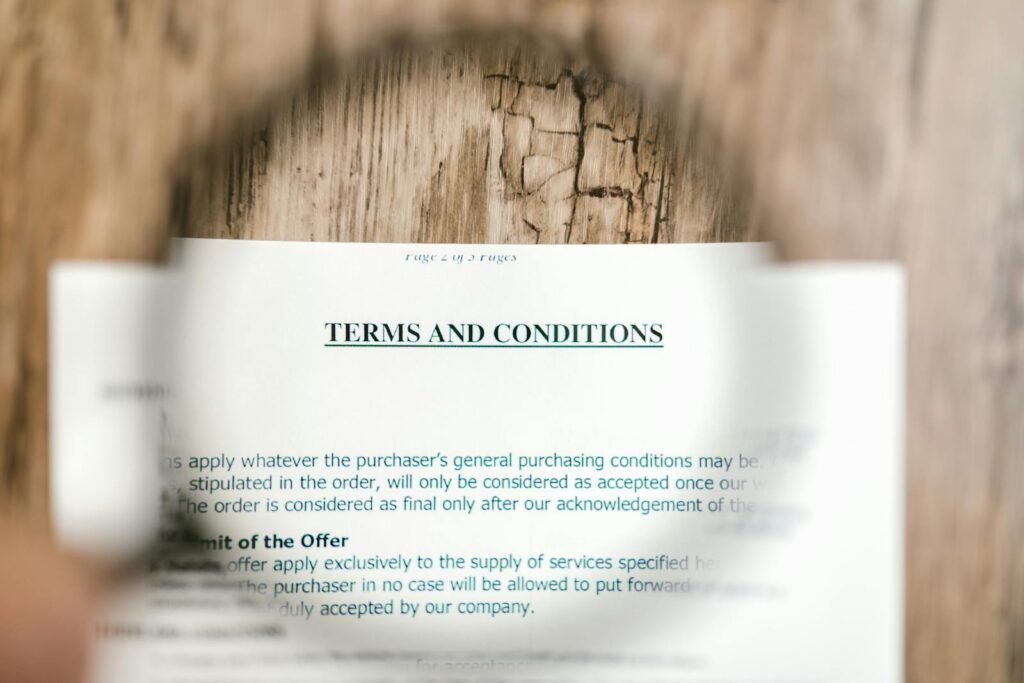New Today
Press esc. or click anywhere outside to close the search bar.
Press esc. or click anywhere outside to close the search bar.
Companies that analyze information on European Union (EU) citizens must follow strict new rules for protecting customer data. The General Data Protection Regulation (GDPR) establishes new criteria for consumer data rights.

Companies that analyze information on European Union (EU) citizens must follow strict new rules for protecting customer data. The General Data Protection Regulation (GDPR) establishes new criteria for consumer data rights. Yet, many businesses face challenges as they implement systems and procedures to ensure GDPR compliance, and that is where Rogue Logics can assist them.
Rogue Logics has created new standards that can help businesses and organizations to make tremendous progress in less time. The GDPR, for instance, takes a broad view of what makes up personal identification information. Companies will require the same level of security for an individual’s IP address or cookie data as they do for their name, address, and Social Security number, which is possible with the help of Rogue Logics services.

Organizations can benefit greatly from our GDPR Compliance services. Our services include the following advantages.

The GDPR includes provisions requiring businesses to protect EU citizens data and privacy when conducting transactions within EU member states.
The GDPR also governs the export of personal data outside of the EU. Because the regulations are coherent among all 28 EU member states, businesses only have one criterion to meet within the EU. Nevertheless, that standard is extremely high and will necessitate a significant investment by most businesses to meet and administer it.
It indicates that organizations need to provide a rational level of security for personal data, but it needs to identify what rational means. It also gives the GDPR governing body considerable leeway in evaluating financial penalties for security breaches and non-compliance.
Even though time is running out to comply with the deadline, CSO has compiled that businesses need to know about the GDPR and guidance on fulfilling its demands. Many requirements have nothing to do with information security; however, the procedures and framework changes required to comply may influence existing security systems and protocols.

Participants must grant permission to any corporation that wishes to gather and use their personal information. The GDPR defines personal data as information about an identified person referred to as a data subject.
Personal data can be in any format, including images, video, audio, numbers, and words. It includes direct associations, such as financial records and addresses, and indirect links, such as evaluations of a person’s behavior patterns.
Incorrect information about data subjects is still considered personal data because it is linked to an identity. However, if the information is linked to a fictitious entity, it is not considered private data.
Personal data that is protected with the help of GDPR Compliance contains the following types of information:

The GDPR affects any organization that provides goods and services to EU citizens. It includes entities based outside of the EU. If you do business online, you will know whether the people you deal with are from the EU. As a result, all online businesses should be GDPR-compliant as a precautionary measure.
However, personal data is divided into two categories that are discussed below.
Any individual, public authority, agency, or other body that accesses personal data on behalf of a controller is defined by the GDPR. Processors do not make choices about how personal data is handled because they follow the data processing rules established by the controller.
A software company, for example, appoints a marketing firm for an upcoming email campaign. All leads’ names and email addresses are provided to the marketer so that personalized cold emails are sent to each one.
The marketer is classified as a “processor” because they carry out the data processing instructions of the software company. Even if systems follow controller instructions, they must be GDPR compliant because they handle personal data.
A controller is defined in the GDPR as any individual, public authority, agency, or other body that determines the purpose and processing of personal data. Control systems make decisions about how personal data is used.
Regardless of the type of entity your company is, know about a few key points.

The data minimization principle is not new, but it remains relevant in an age when we generate more data than ever. Organizations should only collect personal information from their users if necessary.
The principle is intended to ensure that organizations collect accurate data about people. For example, an online retailer is unlikely to need to collect people’s political opinions when they sign up for the retailer’s email mailing list to be notified when sales occur.

Personal information is safeguarded against unauthorized access, unlawful processing, and accidental loss, destruction, or malfunction. In layperson’s terms, this means that appropriate information security safeguards are implemented to ensure that information is not retrieved by hacker attacks or unintentionally leaked as part of a data breach.
GDPR does not define good security practices because they vary by organization. A bank will need to protect information more robustly than your local dentist. However, proper access controls to information are implemented, websites should be encrypted, and pseudonymization is encouraged.

Accountability is the only new principle introduced by GDPR; it was added to ensure that businesses can demonstrate that they are starting to work to comply with the other principles that comprise the regulation. At its most basic, accountability can mean reporting how private data is stored and the steps taken to ensure that only those who need access to certain information do so.
Accountability can also include regularly evaluating and evaluating data handling processes and training staff on data protection measures. The accountability principle is also important if an organization is being asked to investigate for possibly violating one of the GDPR‘s principles.

The GDPR limits the use of data for specific activities. Data is only collected for specified, explicit, and legitimate purposes, as stated in the GDPR. Your data processing purposes must be clearly defined.
They must also be communicated to individuals clearly through a privacy notice. Finally, you must strictly adhere to them, limiting data processing to the stated purposes only.

The GDPR‘s concept of fairness goes hand in hand with the concept of lawfulness. It means you shouldn’t withhold information about what or why you’re collecting data on purpose. In other words, users would not be surprised if they knew how you were using their data. Fairness implies that you will not mishandle or misuse the information you collect.
Transparency and fairness are inextricably linked. Transparency is defined as being clear, open, and honest with data subjects about who you are, why, and how they process their data. You are being fair to your data subjects if you follow it.

You are responsible for the factual accuracy of the data you collect and store. Set up controls and checks to correct, update, or delete inaccurate or incomplete data. Schedule regular inspections to double-check the cleanliness of stored data.

The GDPR requires you to legitimize your time keeping each data you store. Set a time limit after which you will anonymize any data you are not actively using.
Organizations can benefit greatly from Rogue Logics GDPR Compliance services. It is a leading platform that enables you to become more secure than ever. Don’t wait and get started on GDPR Compliance services with us today!
Nothing completes the picture except real validation from real clients. See why our clients love us and why you need to engage us for your firm as well.
Rogue Logics provided us with invaluable insights when they transformed our data analytics platform. I was impressed with their ability to turn raw data into actionable intelligence. Rogue Logics has significantly improved our decision-making process.

We never realized that transitioning to the cloud could be so smooth until we engaged with Rogue Logics. We experienced minimal disruption and now our operations are scalable and even more resilient and robust.

Our experience Implementing DevOps practices with Rogue Logics turned out to be a real game-changer for our development team. Rogue Logics helped us streamline our processes, and improve our overall deployment speed.

Rogue Logics AI and Machine Learning solutions have really revolutionized the way we operate. I was impressed with their innovative approach and technical expertise

We had serious security flaws in our core codebase. After years of struggle with web app malfunctions, we finally reached out to Rogue Logics and our code is super secure now.

Our lead developer just quit and we had a major release that needed to go out. Our frantic search lead us to this firm and I must say that what sets them apart from others is their can do attitude.

When our website got breached, we had no idea what to do. We were referred to Rogue Logics and we have not looked back since. Super friendly folks with superb security background.

Rogue Logics did a great job at improving our systems security. I liked that they were proactive and had a good understanding of the technologies we use. Their expert approach gave us peace of mind, and made us feel confident in our ability to protect our sensitive data.

At Rogue Logics, we know that advanced cybersecurity and AI solutions require a tailored approach. Whether you’re a growing startup or a global enterprise, we customize our services to align perfectly with your unique business needs.